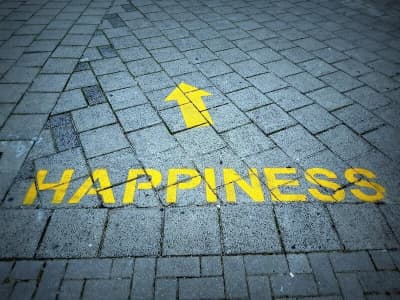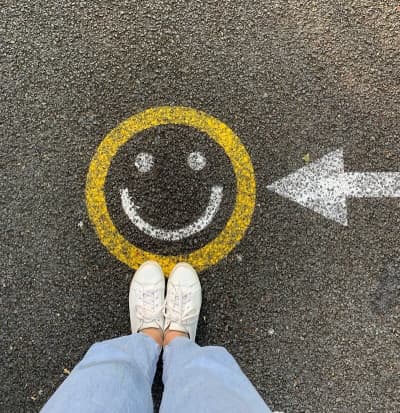Building on Mary's blog on Wednesday - I hope the following serves you further.
An emotion can be viewed as energy in motion; a neutral energy that adds power to our thoughts. For example, add emotional energy to a frustrating thought and we can quickly feel anger. On the other hand, add emotional energy to a kind thought of someone and we can experience a feeling of compassion.
It's often difficult to get a grip on our emotions because they happen so fast. Scientists have repeatedly confirmed that our emotional reactions show up in brain activity before we even have time to think. We evaluate everything emotionally as we perceive it. We think about it afterward.
What Mary showed on Wednesday, was that in depression our mind has really shut down to almost all emotions and yet they still register and we can actually almost belatedly release them as our mind begins to clear. A bit like opening the sluice on a dam - so keep giving to those who at present can't 'receive' - it may shorten their darkness.
Scientists used to believe that emotions are produced only in the brain. However, sophisticated instruments now show that emotions are the product of an ongoing dialogue between the brain and the body; a combination of feeling sensations, associated mental thoughts and biochemical reactions that shape our emotional experience, in gradations from very pleasant to very painful.
Crucially, emotions trigger many changes in our bodies. For instance every time we shift an emotion, approximately 1400 biochemical changes take place.
Psychologists categorize some emotions like love, compassion, appreciation, care and joy as "positive" and others like anger, anxiety, hate, jealousy and sadness as "negative". We can easily tell the difference between positive and negative emotions in our body. Worry may cause muscle tension; anxiety may agitate the stomach. By contrast, love, appreciation, compassion and kindness may calm us, allowing the body’s communication systems to flow with greater harmony and efficiency.
This is not to say that some emotions are bad. And we are not suggesting we should repress our emotions and not ever feel sad or frustrated. All of our emotions play an important part in how we experience life. They are like the colours on an artist’s palette that we use to paint our picture of life. And, while emotions are often reactions to life’s events, it is important to understand that they are mostly choices as well.
When we become more aware of which emotions diminish the quality of our lives and which ones enhance our lives we can take greater control and effectively utilise their amazing power.
Self awareness - leading to self control, is often the true key to the door to happiness.
Les
A Moodscope member.



Comments
You need to be Logged In and a Moodscope Subscriber to Comment and Read Comments